 Navigating COVID Related Stress and Fatigue
Navigating COVID Related Stress and Fatigue
Heili Lehr, MA, LPCC – www.navigating-loss.com
We are coming up on one year of navigating the changes that the COVID-19 pandemic has created in our lives, and we are tired, stressed, and bored. Tired of zooming, social distancing, wearing masks, bored with virtual gatherings, and spending so much time in isolation. We miss visiting our family and friends, going to work, having our kids in school, we miss concerts, bars and restaurants, festivals, sporting events, parties, weddings, funerals, and all the other things that made life more interesting and connected us as a society. A major disruption of our daily lives and routines has occurred, there is no identifiable date for if or when things will return to normal, and we cannot underestimate the huge physical, mental, and emotional toll it is taking on all of us.
If you are feeling exhausted, irritable, unproductive, and restless you are in good company. For many, this pandemic has occurred on top of existing struggles with depression or anxiety and made things infinitely worse, cutting us off from the people and places we counted on for support. Others have experienced a death loss, taken on a caregiving role, received a cancer diagnosis, lost their job, divorced, retired or any number of other major life transitions that have piled on top of pandemic-related losses. These are things that would have been difficult to navigate even in the best of times, let alone during a year when nothing is normal, and everything has changed.
Using what we have learned about successfully navigating loss, change, grief, and other transitional times in our lives can serve as a guide to help us during this time of COVID stress and fatigue as well. Tapping into acceptance, committed action, creativity, gratitude and staying present centered can be enormously helpful in finding our way through this unwelcome pandemic experience we have found ourselves living.
Acceptance – Finding acceptance for how things are does not necessarily mean that you have to find anything acceptable. Acceptance in this context just means separating out what you do not have any agency or control over from areas of your life where you can take control and affect change. Acceptance is allowing the difficult emotions that arise out of the things you can’t control (such as frustration, anger, outrage, helplessness) to exist without overidentifying with them. Difficult emotions will sometimes rise to the surface, but you can let them pass through you without reaction or judgement as you take the time to choose how you want to respond.
Committed Action – We all have things in our lives that connect us to our values, make us feel good about who we are, and give us much needed breaks from the monotony, boredom, stress and fatigue of being in this situation. Pick one thing that fits this description and commit to getting more of this into your life. Listen to music, dance, get out into the sunshine, cook something delicious, do something nice for someone else, or reach out to someone who needs a friend.
Creativity – One sure way to alleviate boredom is to try something new, sign up for an online class (https://www.thegreatcourses.com/), go onto Meetup and connect with others who have similar interests (https://www.meetup.com/home/), search YouTube for how-to videos, project ideas and funny videos to make you laugh (https://www.youtube.com/). If you are feeling stuck and dull, being intentional about seeking out new experiences can reignite your spark and zest for life.
Gratitude – It is so easy to get stuck in a rut of ruminating about all the negative ways that this pandemic has affected our lives. Scientific research studies suggest that actively looking for things to be grateful for and happy about can increase your overall mood, satisfaction with life and sense of wellbeing. If you are the type who likes to play on your phone, download a gratitude app and set periodic reminders to log things you are grateful for, if not start a journal and commit to writing down three things each night that made you feel happy or that you were grateful for that day. This will get you in the practice of hunting for the good stuff in your life.
Staying Present Centered – So much of our lives are spent fretting about something in the past we cannot change or worrying about something in the future that has not happened yet and may never happen. When you find yourself bogged down in these past or present mindsets, bring your focus back to the present and do something to ground yourself. This doesn’t have to mean doing a full guided meditation, taking a nature hike or striking a yoga pose (although those things are great). This can mean carving out mini moments to take one long centering breath, focus on something you can see right now and appreciate its beauty or utility, close your eyes and name the sounds you can hear, or stand outside and feel the sun on your face. As with everything else there is an app for that, I like to ground myself by listening to rain on leaves for a couple of minutes in the Calm app (https://www.calm.com/).
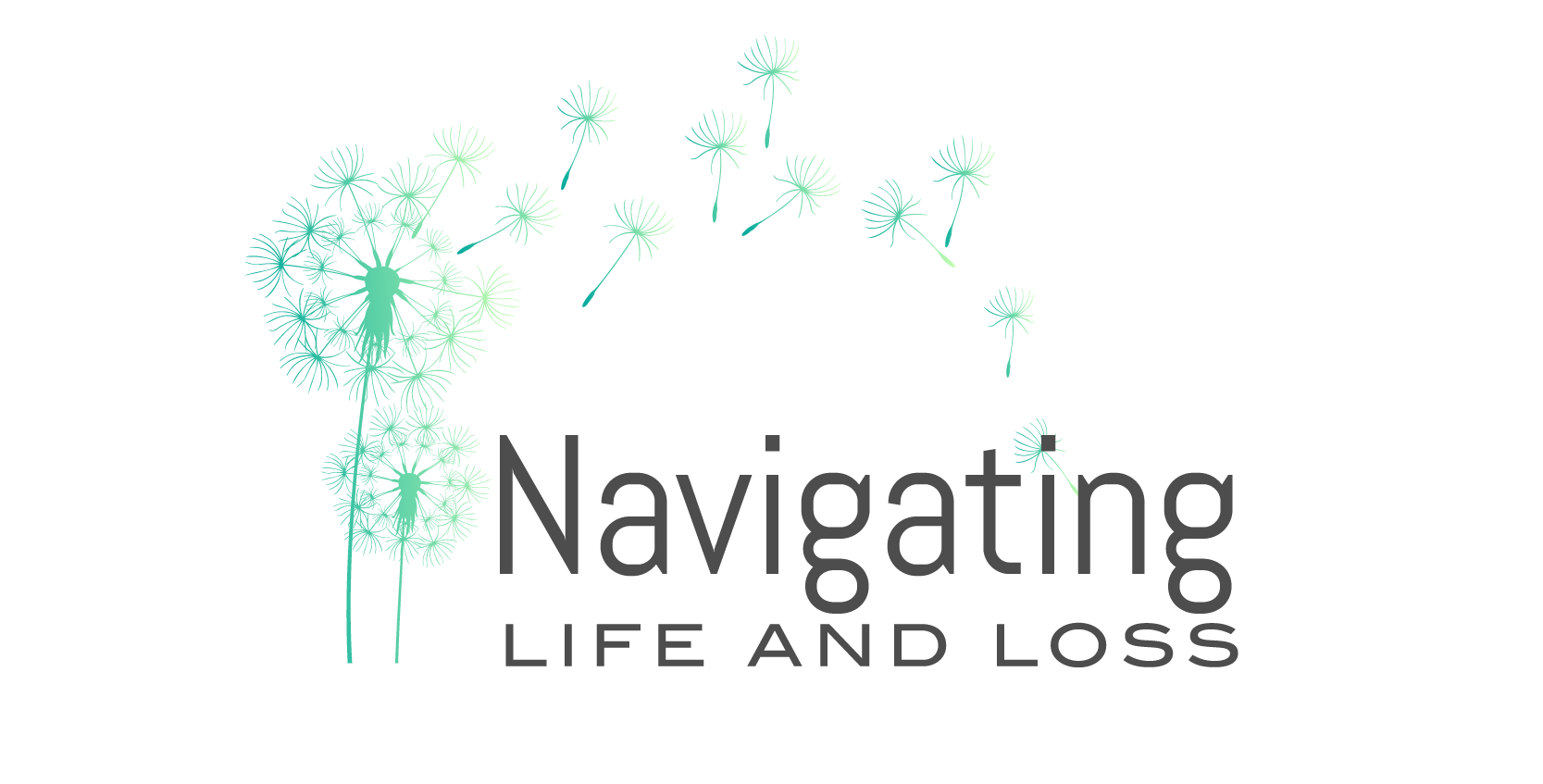
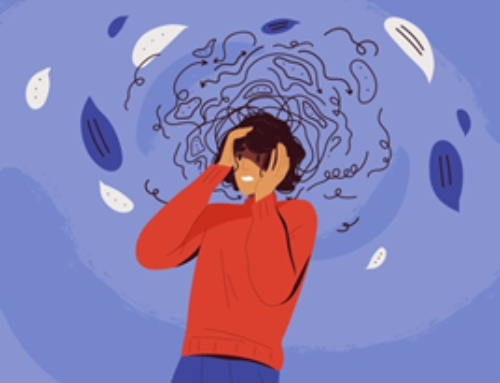
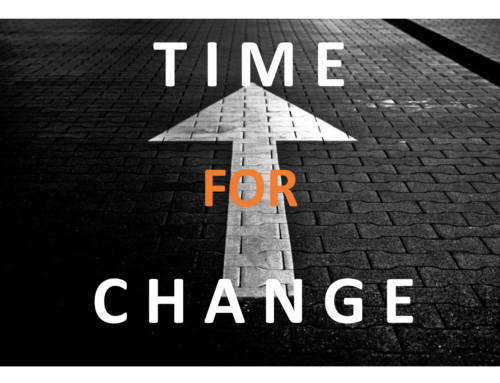
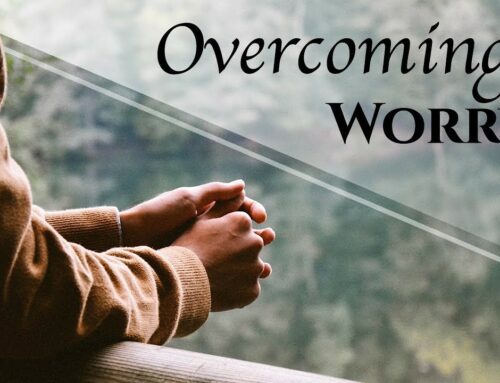
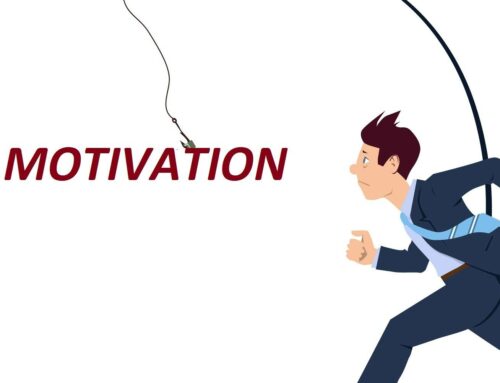
Leave A Comment
You must be logged in to post a comment.